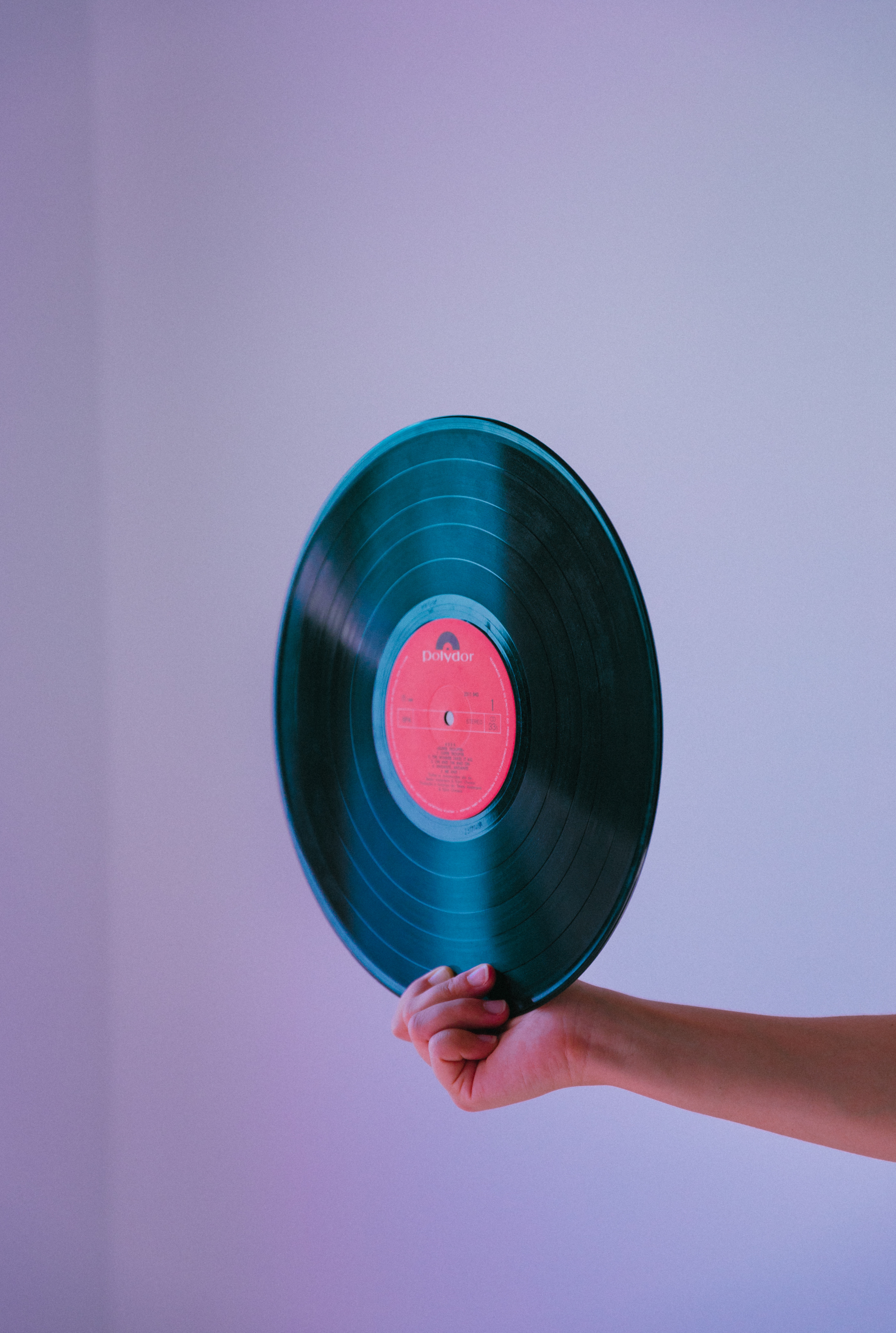
A few days ago, I had the pleasure of discovering the docuseries BEATMAKERS (in French) by La Fabrique culturelle. With its finger on the pulse of a growing trend, it highlights the Montreal art scene, sampling and unbridled creativity.
The premise is simple: one recording, five beatmakers, each tasked with creating an original work from a sample of the same recording. The result: five completely different works, each as unique and creative as the other.
The documentary also sheds light on the inherent complexity of beatmaking, sampling and creating art with new technologies. From a strictly legal point of view, it is obvious that these technologies are not without their share of issues.
As BEATMAKERS so aptly described the art form and its culture of “transformative works”, I thought it would be interesting to use it as a springboard to answer, in a three-part blog series, questions I am often asked in the context of my practice:
- SAMPLING: FOUR INDUSTRY MYTHS
- SAMPLED MUSIC: WHO OWNS THE SAMPLE ?
- BEATMAKERS: KNOW YOUR RIGHTS
Dans un premier temps donc, voici quatre fausses croyances associées à l’échantillonnage, largement diffusées dans les diverses sphères créatrices… et illustrées par certaines affirmations directement tirées de BEATMAKERS!
[Far be it from me to criticize the artists featured the series, some of their statements (granted, said with humour and taken out of context) perfectly illustrate widespread misconceptions that permeate the industry.]
FOUR MYTHS / WHAT THEY SAID…
1. You can sample it if you bought the CD
Although this is true for almost everyday objects (I own an object: I can use it as I see fit), owning a physical support (the CD), and owning the copyright in the musical works contained within are two separate things. The latter always belong to their authors or rights holders.
In other words, subject to certain exceptions, just as purchasing a book does not authorize you to reproduce the manuscript, nor does purchasing a work of art authorize you to sell , purchasing a CD does not authorize you to play it in public… nor to repurpose excerpts into to a new musical work!
2. You don’t need to ask permission if you sample short excerpts.
“Under thirty seconds, it’s not plagiarizing; if the excerpt is under five seconds, you’re fine; between zero and twenty seconds, no problem!”
Everyone has their own rule of thumb. I have heard them all.
Copyright law is clear: the author has the exclusive right to produce, reproduce, perform, represent, communicate, publish, adapt, modify, all, or a significant part, of their work.
What makes a part of a work “significant”? Here lies the challenge, two seconds could possibly be significant! Moreover, in the case of sampling, not only must the rights in the musical work be considered, but also those in the sound recording.
3. You won’t get in trouble if you “camouflage” the sample
Granted, you may slide under the radar, but keep in mind that this tactic is not infallible. Should you be exposed, some artists or record labels will be happily use the full force of their copyright.
The band N.W.A. learned it hard way when Get Off Your Ass and Jam (Funkadelic) discovered a few seconds of ‘‘100 Miles and Runnin’ hidden in a N.W.A. song.
4. You will only get in trouble if the song you borrowed from is worth a lot, or if you make a lot of money out of it
Copyright infringement is copyright infringement, whether there is a lot, or no money involved. It is the unauthorized use of a work (or sound recording), not the consequences of the unauthorized use, that constitutes infringement.
:: As usual, I am happy to answer any further questions; feel free to drop by the office!
.
.
:: Translated by Emily Alberton / Photo credit: Kobu Agency